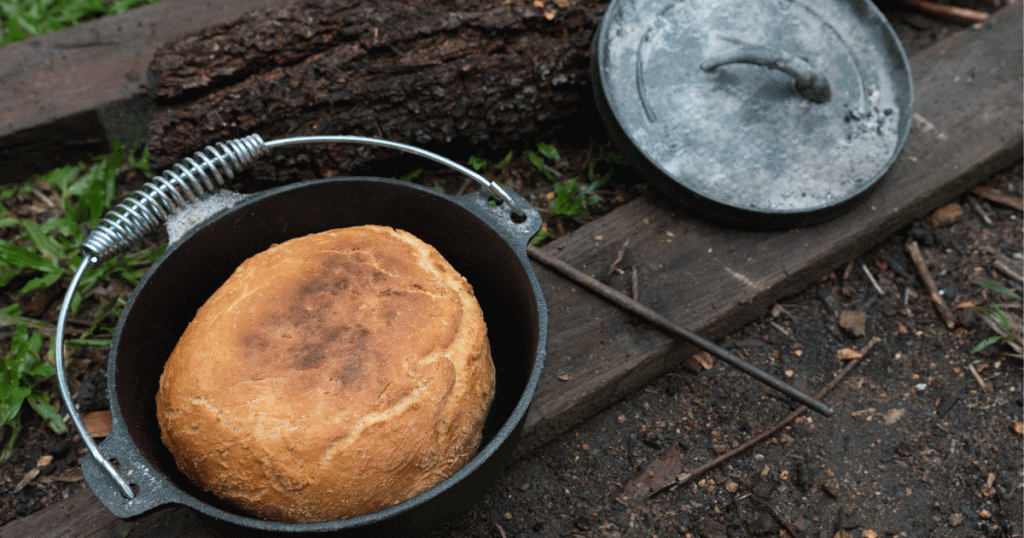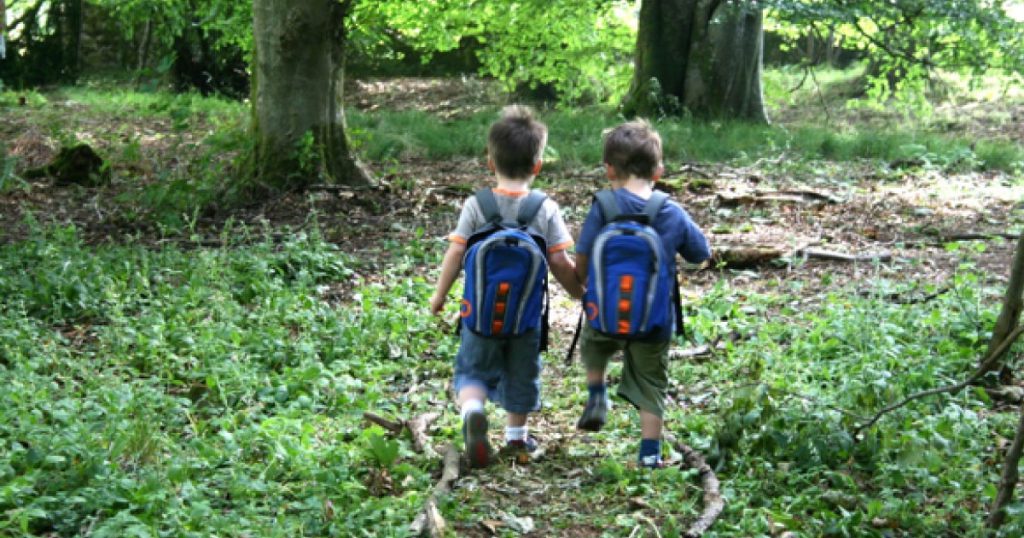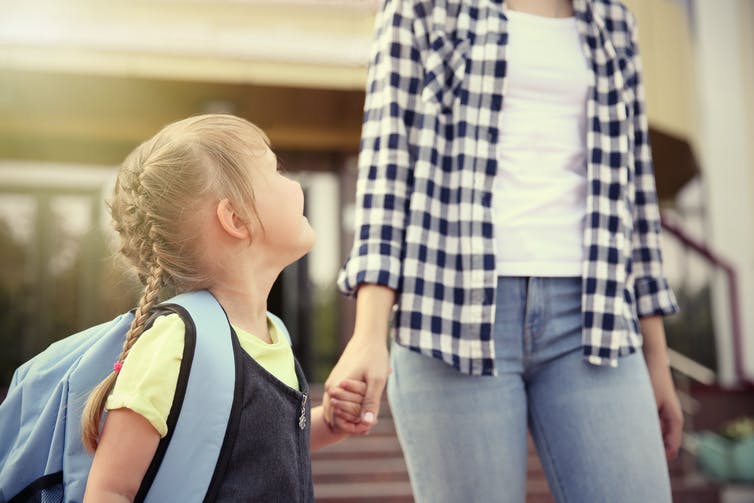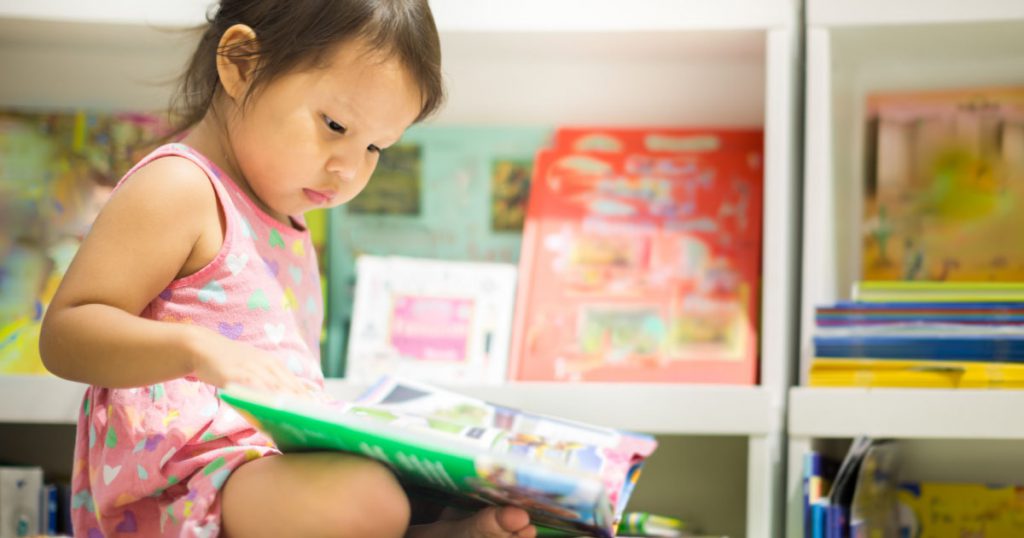
When we take authentic steps to embed Indigenous perspectives into our teaching practices, we invite children to construct their own relationship with Aboriginal and Torres Strait Islander knowledges. For educators, this opens a world of opportunities within their professional teaching practices, by examining themes such as art, craft, literature, music, food, sustainability, animals and environments.
At Cooinda Cottage, we endeavour to provide these opportunities to children through our programs to foster a connection with Indigenous perspectives and ensure authenticity. One significant way we do this is with food.
This year for NAIDOC Week, Cooinda Cottage reached out to Nornie Bero, who is the head chef and owner of Mabu Mabu—a deli/café business specialising in Indigenous ingredients.
Originally from Mer Island in the Torres Strait, Nornie has been a professional chef for over 20 years. She is on a mission to put Indigenous ingredients in kitchens across Australia. She wants people to be using, eating and celebrating Indigenous ingredients every day. ‘Mabu Mabu’ is a saying in the Torres Strait that means ‘help yourself’. It’s what you say before you dig into a big meal with friends and family.
We purchased damper kits from Nornie’s shop, and took part in her online cooking session. Out of respect we asked for her permission to use the term and sentiment behind ‘Mabu Mabu’ to invite our children to lunch each day. She sent us the following response:
‘… thank you so much for your email and what a wonderful thing you are doing [at Cooinda]. It would be amazing for you to welcome kids with the islander expression Mabu Mabu.’
Australian bush spice damper has now become a regular menu item.
We asked our preschool aged children to tell us about the differences between how we make damper here in Canberra, compared to how it is made out on Country.
Willow (4 years): ‘The Aboriginal people just know cooking, ’cause they live on land and by the sea, they don’t need microwaves.’
Ethan (4 years): ‘Aboriginal people just know how to cook without a mixer or measuring spoons because if they didn’t make food good, they would die. Cooking is their culture, so if they are their culture, they won’t die.’
Oliver (4 years): ‘Aboriginal people cook with their own ovens, ’cause they have fire and the sun to make damper and food. I don’t use fire and sun ’cause I don’t understand it, I just use my microwave and air-fryer.’
Eliza (5 years): ‘I think the Aboriginal people know how to cook from their Elders. They use the land carefully, and sticks too. The Elders teach them what to use and eat, and they talk about it when they eat by the fire.’
Kai (4 years): ‘Aboriginal people cook like The Acknowledgement. They know how to cook ’cause the land, animals and people tell them how to do it, it is not in a book, they don’t need phones and stuff to show them, they just know because of their culture.’
As you can see by their responses, the children are beginning to cultivate their own relationship with culture and Indigenous perspectives.
These food experiences will lead us into Science Week (14–22 August), and will provide the springboard for us to explore this year’s theme of ‘Food: Different by design’.
At Cooinda, one of the ways we continue to engage in reflective practice is by considering correlation between science and culture. We do this by continuing to investigate the relationship Aboriginal and Torres Strait Islander people have with the land, sustainability, food and lore. This speaks to the way we have come to understand the importance of sustainability and its association with food.
Teaching children how First Nations peoples have harnessed the land’s natural resources in ways that sustain their culture enables educators to reinforce the importance of relationships between people, their environments and natural science methodologies through the belief in, and of, their culture.
Additional links
CSIRO: Indigenous Perspectives on Biodiversity
TED Talk by Albert Wiggan: The case to recognise Indigenous knowledge as science
ECA Recommends
Celebrating through relationships
By Katey De Gioia, Liz Farry and Nicole Tytherleigh
Celebrations are an opportunity to learn about others through authentic experiences. In early childhood settings, teachers and educators need to constantly balance predetermined celebrations (such as Mother’s Day, Christmas and graduations) with child- and family-focused celebrations. This Research in Practice Series title will help teachers and educators think deeply about the celebrations that occur in their setting. Purchase this publication on the ECA Shop.



